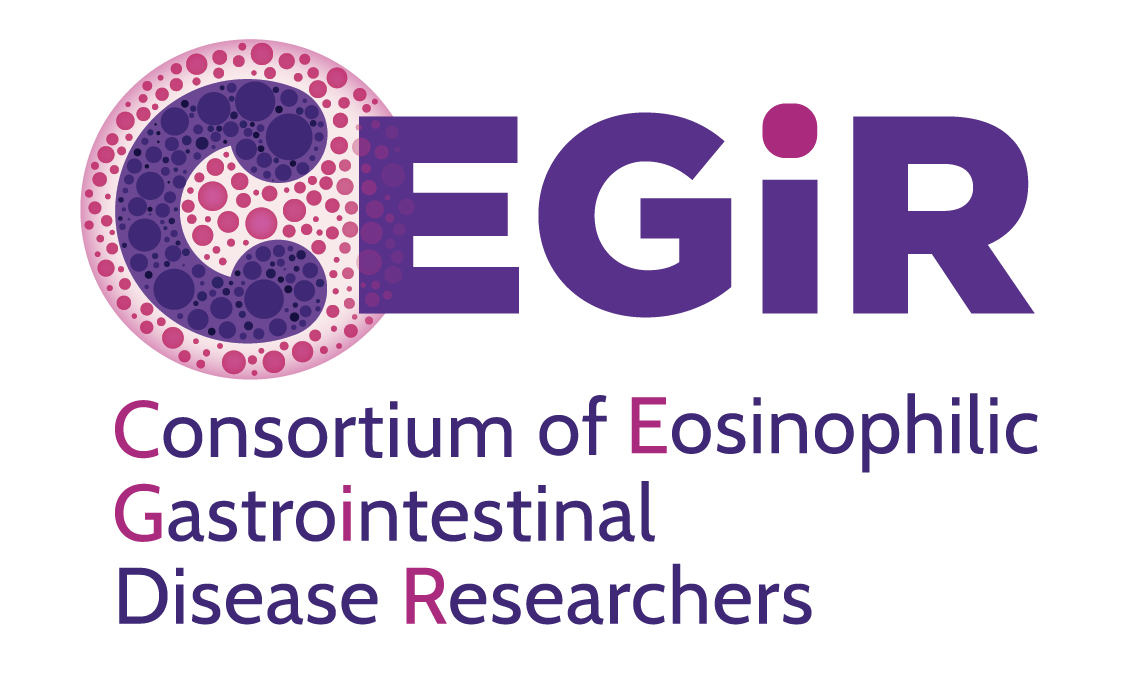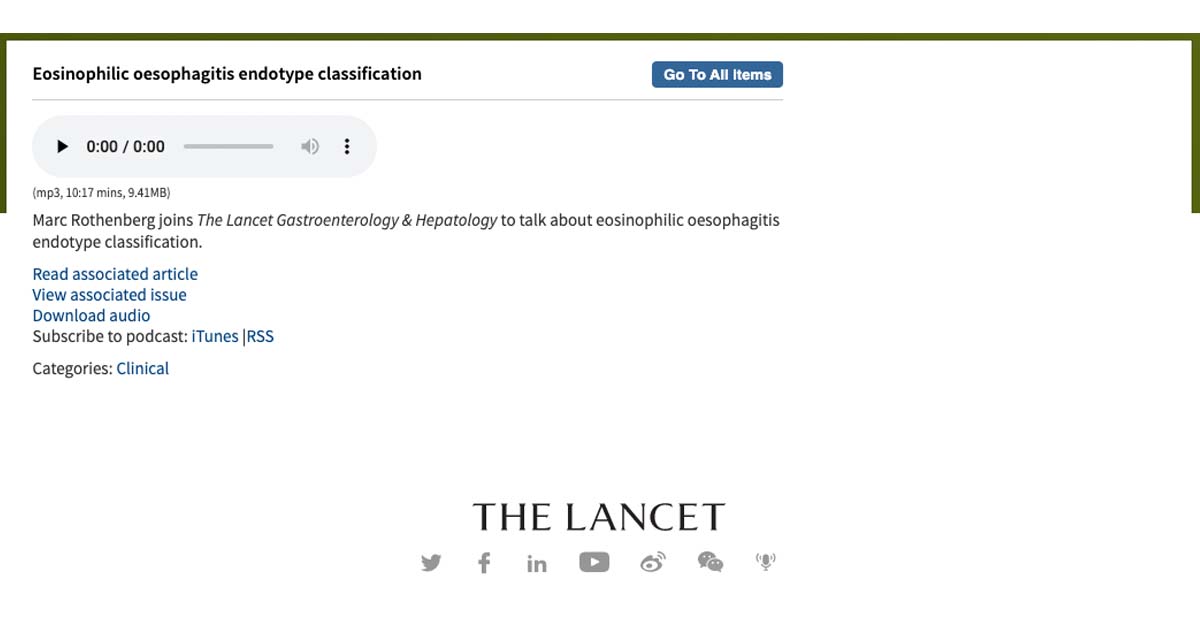Scientists at Cincinnati Children’s Hospital Medical Center have uncovered three distinct subtypes of eosinophilic esophagitis (EoE), an emerging food allergic disease. The discovery provides a framework for developing precision medicines to treat this often debilitating disorder.
Participating scientists studied biopsies of 185 children and adults at 10 sites associated with the Consortium of Eosinophilic Gastrointestinal Disease Researchers (CEGIR). The three EoE groups that they identified were consistent across children and adults and ranged from mild to severe. Each subtype was associated with different clinical features and molecular pathways, and researchers identified genes that are altered within each EoE group.
It's been generally thought that the levels of the eosinophils correlates with the severity and potentially dictates the aggressiveness of the therapy. What we found in the current paper was that despite the three different endotypes, the eosinophils were relatively similar between the three. [The] data shows that the different endotypes are certainly associated with different molecular pathways. They have different clinical clusterings — the steroid resistance and fibrostenotic complications — and this allows us to consider the framework for personalized medicine for EoE related to asthma.
Marc Rothenberg, MD, PhD
Visit The Lancet Gastroenterology & Hepatology website to listen to Rothenberg, principal investigator for CEGIR and director of the Cincinnati Center for Eosinophilic Disorders at Cincinnati Children's Hospital Medical Center, discuss this study.
The Consortium of Eosinophilic Gastrointestinal Disease Researchers (CEGIR) is part of the Rare Diseases Clinical Research Network (RDCRN), which is funded by the National Institutes of Health (NIH) and led by the National Center for Advancing Translational Sciences (NCATS) through its Division of Rare Diseases Research Innovation (DRDRI). CEGIR is funded under grant number U54AI117804 as a collaboration between NCATS, the National Institute of Allergy and Infectious Diseases (NIAID), and the National Institute of Diabetes and Digestive and Kidney Diseases (NIDDK).


